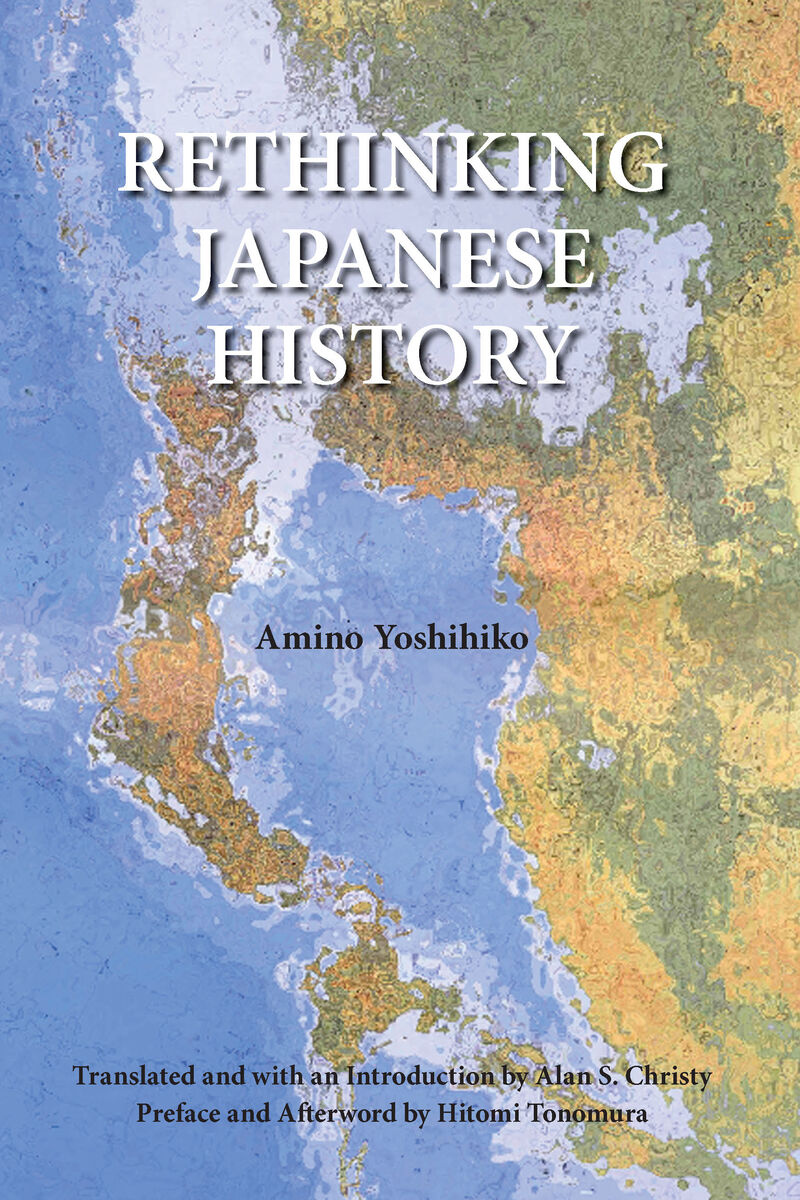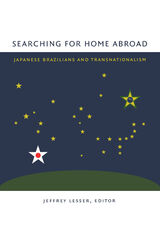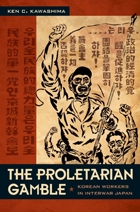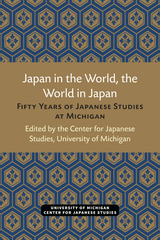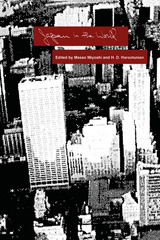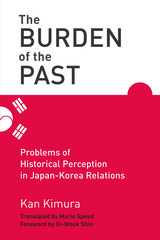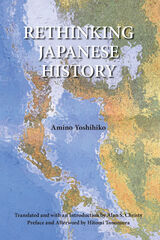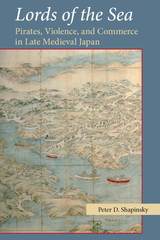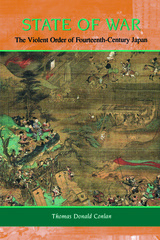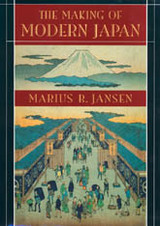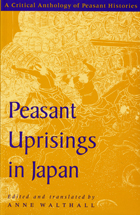Rethinking Japanese History
University of Michigan Press, 2012
Cloth: 978-1-929280-70-4 | Paper: 978-1-929280-71-1
Library of Congress Classification DS850.A4513 2012
Dewey Decimal Classification 952
Cloth: 978-1-929280-70-4 | Paper: 978-1-929280-71-1
Library of Congress Classification DS850.A4513 2012
Dewey Decimal Classification 952
ABOUT THIS BOOK | AUTHOR BIOGRAPHY | REVIEWS | REQUEST ACCESSIBLE FILE
ABOUT THIS BOOK
In this fascinating journey across centuries, Amino Yoshihiko, the premier historian of medieval Japan, invites us to rethink everything we thought we knew about Japanese history. From reconsidering the roles of outcastes and outlaws, to the provenance of "Japan (Nihon)," to the very meaning of writing, Amino offers a powerful critique of the conventional wisdom about Japan's past. Instead of depicting Japan as an isolated island country full of immobile peasants dominated by swaggering warriors and an unbroken line of sacred emperors, he unveils a dynamic history of an archipelago driven by the competition to control trade and movement, in which warlords and aristocrats share the main stage with pirates, courtesans, beggars, and dancing monks.
Written for a nonspecialist audience and standing on a foundation of fifty years of research in a vast and eclectic range of primary sources, Rethinking Japanese History introduces the English reader to one of Japan's most original and provocative historians. Since the 1970s, Amino has inspired readers with his view of Japanese history "from the sea," in which the power politics of the samurai class were contrasted with the countervailing authorities of religious institutions, artisanal groups, and "lords of the sea" who enabled the movement of people and goods from the Asian continent to every harbor and village of Japan. In his portraits of an archaic and medieval past permeated with "places of freedom" and a grand struggle between ideologies of trade and agriculture, Amino challenged his contemporaries to reconsider not only their understanding of Japan's past, but also its present and future. Rethinking Japanese History calls on us to contemplate seriously the meaning of the deep past in our present day.
See other books on: Cultural & Ethnic Studies | History | Japan | Social Science | To 1600
See other titles from University of Michigan Press
